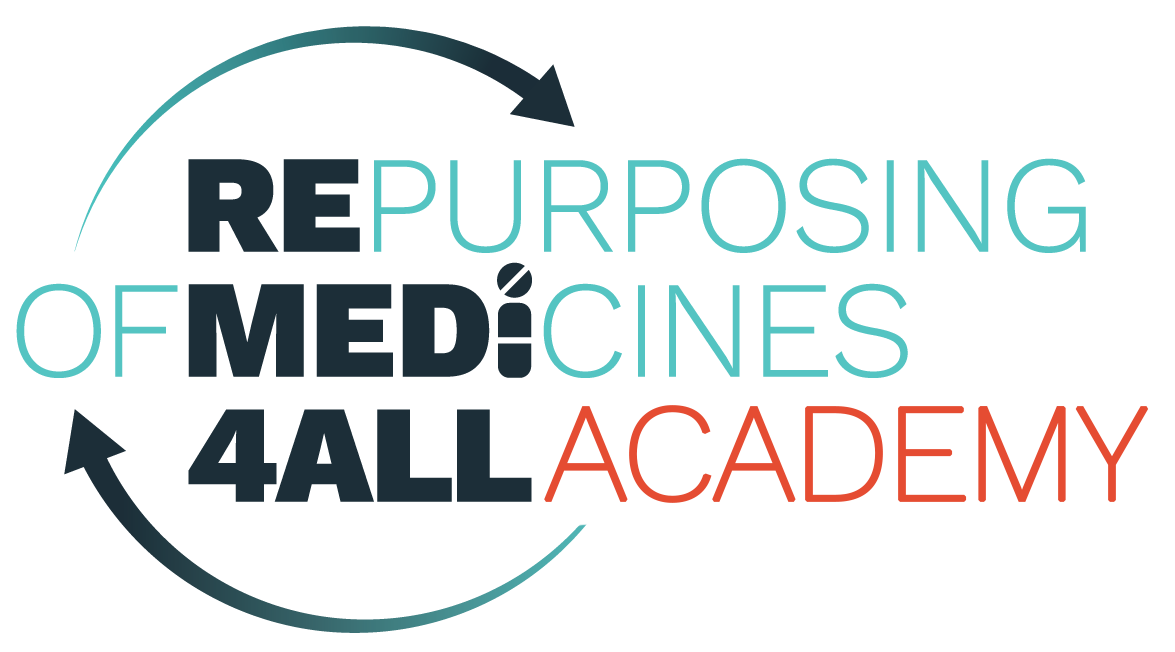What is Drug Repurposing?
Drug repurposing is the concept of finding a new use for an existing medicine used to treat one Condition to treat a different one. Repurposed drugs have the potential to get to Patients quicker and are often cheaper to produce because the early phases of drug design and development can often be skipped due to existing data on Safety , Efficacy and dosing from the pre-clinical and clinical testing undertaken for the original therapeutic Indication .
Most repurposed drugs still need to undergo new Clinical trials to prove that they are effective in the new indication.
Why is drug repurposing important?
What’s an example of a successfully repurposed drug?
Nitisinone for alkaptonuria (AKU)
Alkaptonuria, also known as AKU or Black Bone Disease, is an extremely rare genetic condition affecting around one in every 250,000 people worldwide. It is caused by the body’s inability to break down homogentisic acid (HGA), a substance naturally produced during food digestion. Over time, HGA accumulates in tissues throughout the body, leading to progressive damage to bones, cartilage, and connective tissue. This can result in brittle bones, early osteoarthritis, chronic pain, and heart complications. For many years, treatment options for alkaptonuria were limited to managing symptoms rather than addressing the underlying cause of the disease. The repurposing of nitisinone offers a powerful example of how a deep understanding of disease mechanisms and collaboration can unlock new treatments using existing medicines.
Why nitisinone?
Nitisinone was originally developed as a herbicide before being repurposed and approved for the treatment of hereditary tyrosinaemia type 1, another rare metabolic disorder. Its mechanism of action (blocking an enzyme earlier in the tyrosine metabolism pathway) was already well understood. Researchers thought that by inhibiting this upstream step, nitisinone could reduce the production of homogentisic acid, directly targeting the root cause of alkaptonuria rather than its symptoms.
What was achieved?
After an early clinical trial in the United States failed to demonstrate sufficient benefit, the UK-based Alkaptonuria Society took a leading role in driving research forward. The patient organisation raised funding to support the first autopsy of a person living with AKU, helped develop a new metric to measure disease severity, and contributed to the creation of a novel mouse model of the condition. These efforts led to the formation of an international research consortium that included the patient group and secured €6 million in funding to run phase II and phase III clinical trials of nitisinone in AKU.
The results were overwhelmingly positive, ultimately leading to the first approved disease-modifying treatment for AKU. Today, nitisinone is the first licensed treatment for alkaptonuria, with marketing authorisation in the EU, the UK, and the US, among other countries – transforming care for patients and setting a powerful precedent for drug repurposing in rare diseases.
Learn More

The AKU Society
A UK-based patient-led organisation supporting people with alkaptonuria through advocacy, research funding, and engagement with treatment development.

Beacon for Rare Diseases Resources Hub – Webinar series: Getting started with drug repurposing
An introductory webinar series designed to help patients, advocates, and researchers understand the basics of medicines repurposing and how to engage with the process.

Beacon for Rare Diseases – Drug repurposing overview page
A plain-language overview explaining what drug repurposing is, why it matters for rare diseases, and how patient organisations can play a role.

Systematic review and meta-analysis of nitisinone in alkaptonuria
A recent peer-reviewed systematic review assessing the efficacy and safety of nitisinone in patients with alkaptonuria, synthesising evidence from multiple studies.

Drug Repurposing: An Effective Tool in Modern Drug Discovery
Article highlighting how drug repurposing accelerates drug discovery by using existing medicines for new indications, leveraging computational, experimental, and AI-driven approaches to rapidly address urgent healthcare needs.
